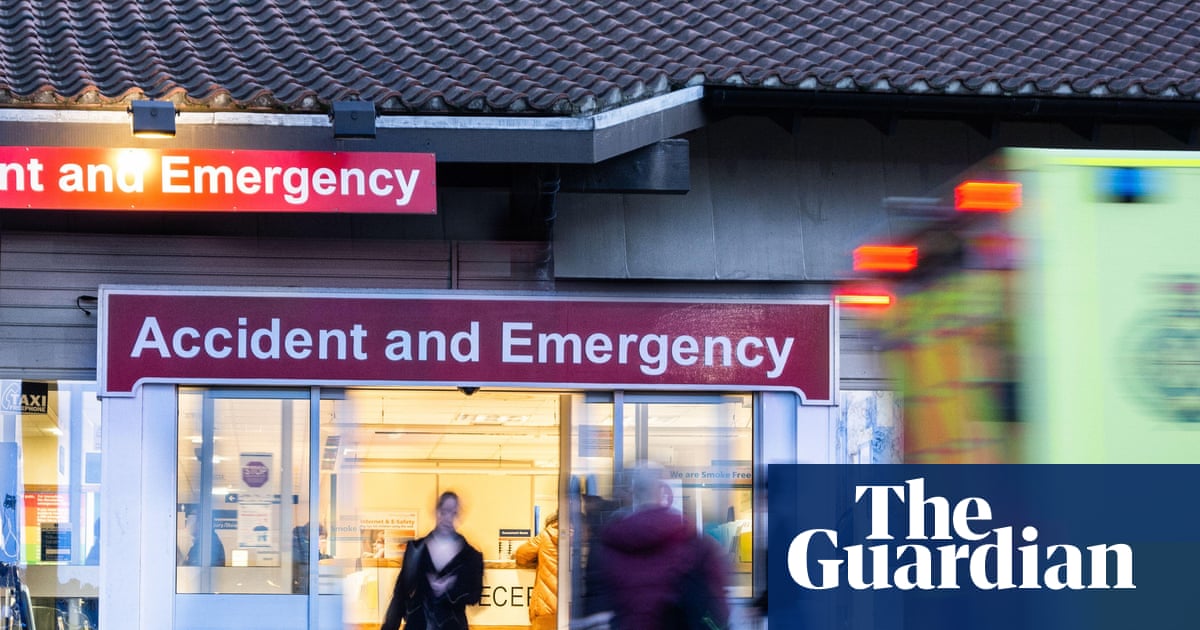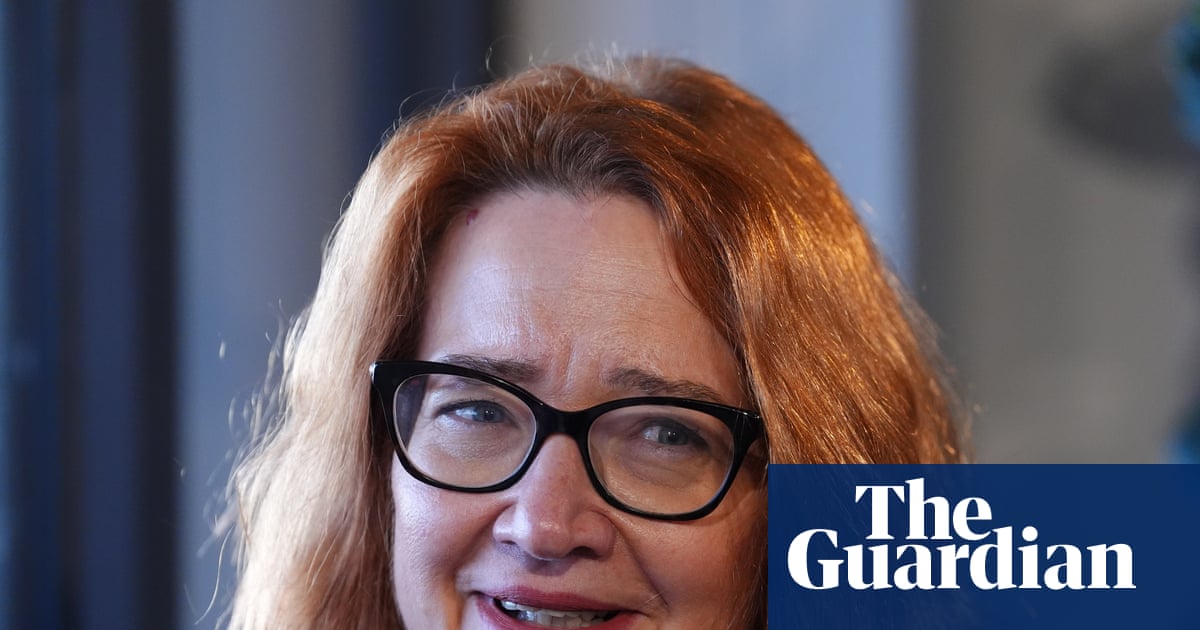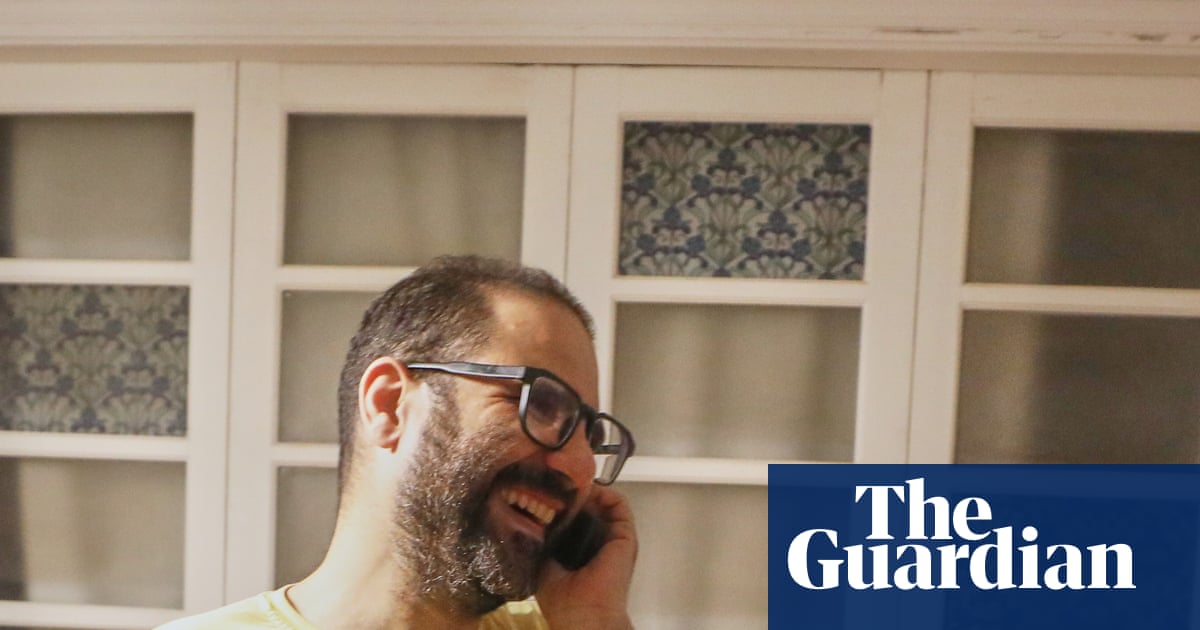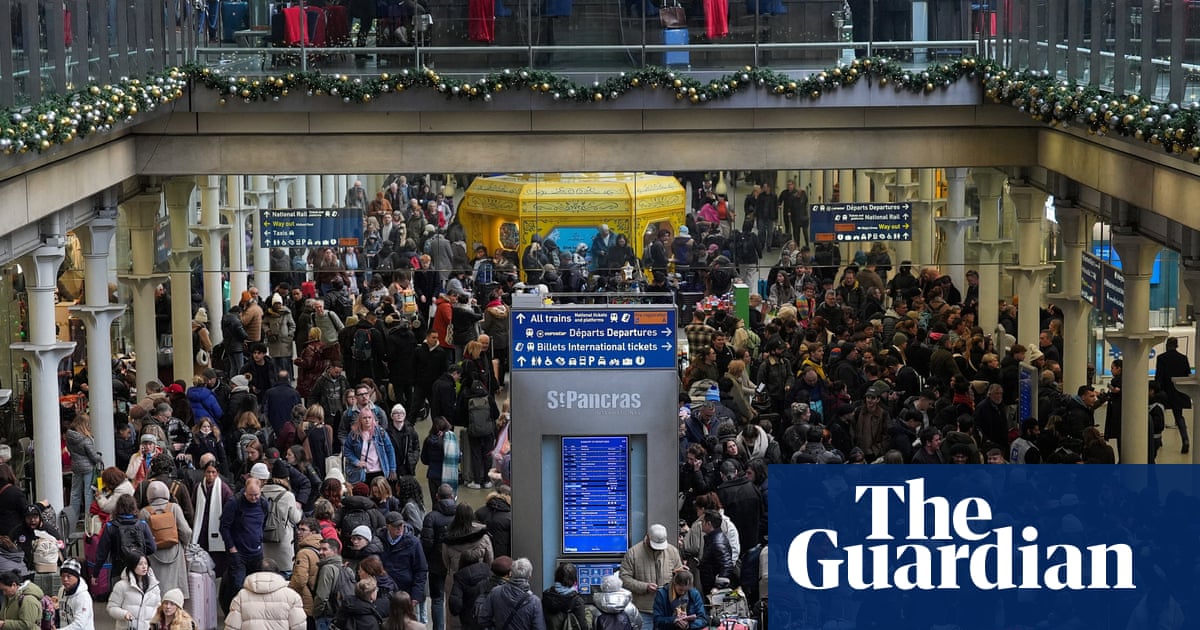Hundreds of Britain’s churches may be forced to close in the next five years as the cost of maintaining heritage buildings becomes unmanageable, a conference at the V&A in London has heard.
Many of the UK’s 20,000-plus listed places of worship contain important heritage treasures, such as stained glass windows, and monuments of historic significance. They are also hubs for community groups and social action projects.
But, according to a survey by the National Churches Trust, one in 20 churches say they will definitely or probably not be used as a place of worship by 2030. Rural churches are most at risk, with about 900 in danger of closing in the next five years.
One in five churches say their building has deteriorated in the past five years, and almost two in five say their roof is at risk or in urgent need of repair, according to the survey of more than 3,600 churches across the UK. Nearly one in three churches are forced to draw on reserves to cover basic costs.
Earlier this year, the government imposed VAT on repairs to places of worship costing more than £25,000, placing an additional burden on communities already dependent on fundraising, grants and donations to maintain heritage buildings. Church of England parishes face a £1bn repair backlog and an ongoing annual maintenance bill of £150m.
Tristram Hunt, the director of the V&A, said keeping churches open and in good repair was “one of the most important heritage challenges we face”.
Sir Philip Rutnam, chair of the National Churches Trust, said the government should establish a capital funding scheme of £50m a year to ensure historical places of worship did not fall into disrepair, and in recognition that “local communities shouldn’t have to struggle by themselves”.
He added: “Without intervention, the risks are enormous – we will lose more and more of these buildings and all they embody for good.”
The survey found that three-quarters of churches were used by community groups, more than half hosted food banks or were involved in food distribution, a third offered mental health support, and one in five provided debt advice.
Rob Rinder, a barrister and broadcaster, said: “The story of Britain, at the moment, tragically, is being hijacked, perhaps by some people who claim to speak for its soul while doing everything to hollow it out.
“Many of those will shout about patriotism, but seem to have no real enduring love for the places where ordinary decency still lives and breathes. If you want to see the real British values at work … go to [my local] church on a rainy Tuesday or Wednesday night. There you’ll find people of every colour, every faith, every accent, quietly holding our country together …
“To save these buildings is to save something fundamental about Britain itself, the Britain that still believes in fairness, hospitality and humour … the Britain that looks after one another quietly.”
As a Jew, he said, he did not worship in these churches, but he understood their power. “These buildings are the heartbeat of Britain.”

 2 months ago
57
2 months ago
57

















































